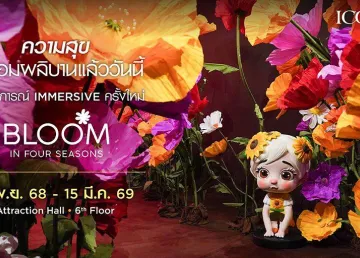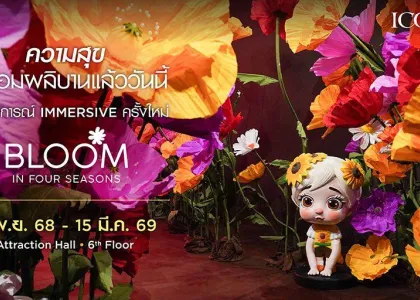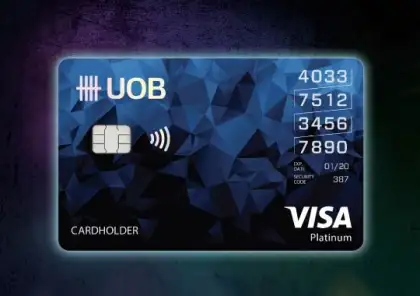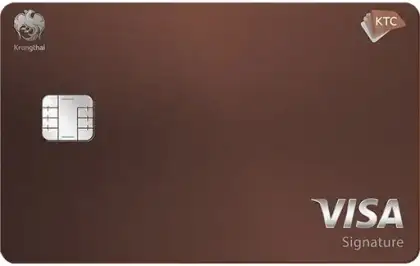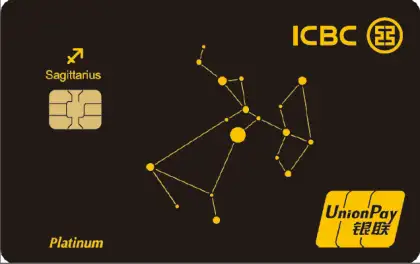A Guide on Work Permits in Thailand and Restricted Jobs for Foreigners
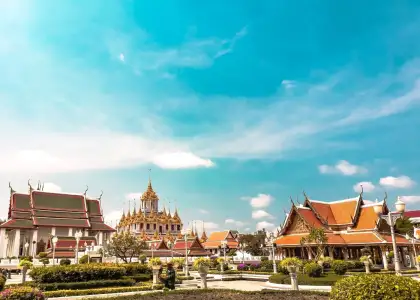
Thailand is one of the key destinations of foreigners not just for tourism but also for employment, with more than 1.7 million registered migrant workers as of April 2022, according to the Thai Ministry of Labour via the International Labour Organization. Migrant workers also contributed 4.3-6.6% of the country's gross domestic product in 2010.
Tourists cannot work in Thailand. For a foreigner to work in Thailand, they must obtain a work permit before beginning their employment in the kingdom, as stipulated under the Foreign Working Act of 2008. However, there are some individuals who are exempted from this Act, according to the Thailand Board of Investment (BOI):
- Members of the diplomatic corps and consular missions
- Representatives of member countries and officials of the United Nations and its agencies
- Personal servants of the abovementioned
- Persons who must perform duties on missions in Thailand under an agreement between the Thai government and a foreign government, international organisation, or for the benefit of education, culture, arts, or sports
- Persons specially allowed by the Thai government to enter and perform whatever duty in the kingdom, as permitted with or without condition by the Council of Ministers
Visa and Work Permits for Non-BOI and BOI-promoted Companies
Those who wish to work in Thailand must apply for a work permit within 30 days of being notified by the BOI that their employment position was approved.
Foreigners who engage in work without a work permit in Thailand can be punished with imprisonment of not more than five years or a fine no less than THB2,000 to THB100,000 or both. Meanwhile, employers who allow foreigners to work in their company without a permit may be fined THB10,000 up to THB100,000 for every foreign employee.
Those who applied for work permits shall enter the country with a Non-immigrant B visa, which is for individuals conducting business in Thailand. One’s visa type must be changed to Non-immigrant B visa if the foreigner is entering via tourist visa, transit visa, or visa waiver. The actual work permit, as per the BOI, will not be issued until the foreigner has entered the country and presented themselves to authorities to receive the permit.
Work permits for regular workers are issued for one year, while executive positions or experts are issued two-year work permits. These permits must be renewed before their date of expiration.
For the required documentation for non-permanent residents and permanent residents applying for work permits for non-BOI companies, go here.
Meanwhile, work permits for BOI-promoted companies or foreigners who wish to enter the country for investment opportunities can go here to view the documents and supporting evidence they must submit to authorities.
BOI-promoted companies are given incentives by the government to attract foreign investors in Thailand. These incentives include tax incentives like exemption from corporate income tax for up to eight years, while non-tax incentives include expedited process for non-immigrant visas and work permits, and opportunities for foreign investors to own land in the country, among others.
Highly skilled individuals and investors who wish to work or invest in Thailand's targeted industries can also qualify for the SMART Visa. These industries include next-generation automotive; smart electronics; affluent, medical, and wellness tourism; agriculture and biotechnology; food for the future; automation and robotics; aviation and logistics; biofuels and biochemicals; digital and medical hubs.
Prohibited Occupations for Foreigners

In 1973, Thailand issued a Royal Decree that prohibited foreigners from working in 39 specific industries or professions. The list of occupations has been amended several times and on April 1, 2022, the Ministry of Labour issued a notification of the prohibited occupations for foreigners categorised under four lists.
List 1, or occupations that are strictly prohibited for foreigners, include trades like wood carving, haircutting, cloth weaving by hand, lacquerware making, driving motor vehicles, Thai dolls making, Thai instruments making, Thai massage, cigarette rolling by hand, peddling, tour guide or tour operations, clerical or secretarial work, and brokerage or agency work, among others.
List 2 outlined prohibited occupations for foreigners with a condition that they are allowed to work under international agreements or obligations. This includes controlling, auditing, and performing accounting services except for a). occasional internal audit work and b). work under international agreements to which Thailand is bound, as well as civil engineer work and professional architectural work except for those who are registered as professionals under the ASEAN Mutual Recognition Arrangement (MRA).
List 3, on the other hand, listed prohibited occupations for foreigners with a condition that they are allowed to perform skilled or semi-skilled work for an employer. These prohibited occupations include agriculture, knife making, shoemaking, dressmaking, pottery, construction works, and more.
List 4 noted the prohibited occupations that foreigners can perform, granted that they have employers and are allowed to enter the country by Immigration Law under agreements between the Thai government and a foreign government. These two occupations are labour and shop front sellers.
For the full list of prohibited occupations in Thailand, you may read the Ministry of Labour’s notification here and the BOI’s guidelines here.
Subscribe to The Beat's newsletter to receive compelling, curated content straight to your inbox! You can also create an account with us for free to start bookmarking articles for later reading.


